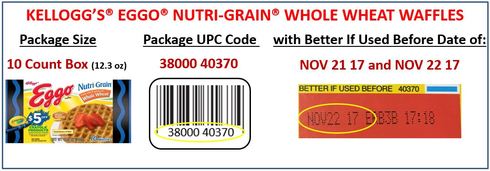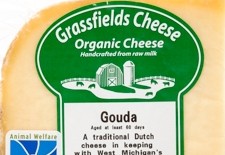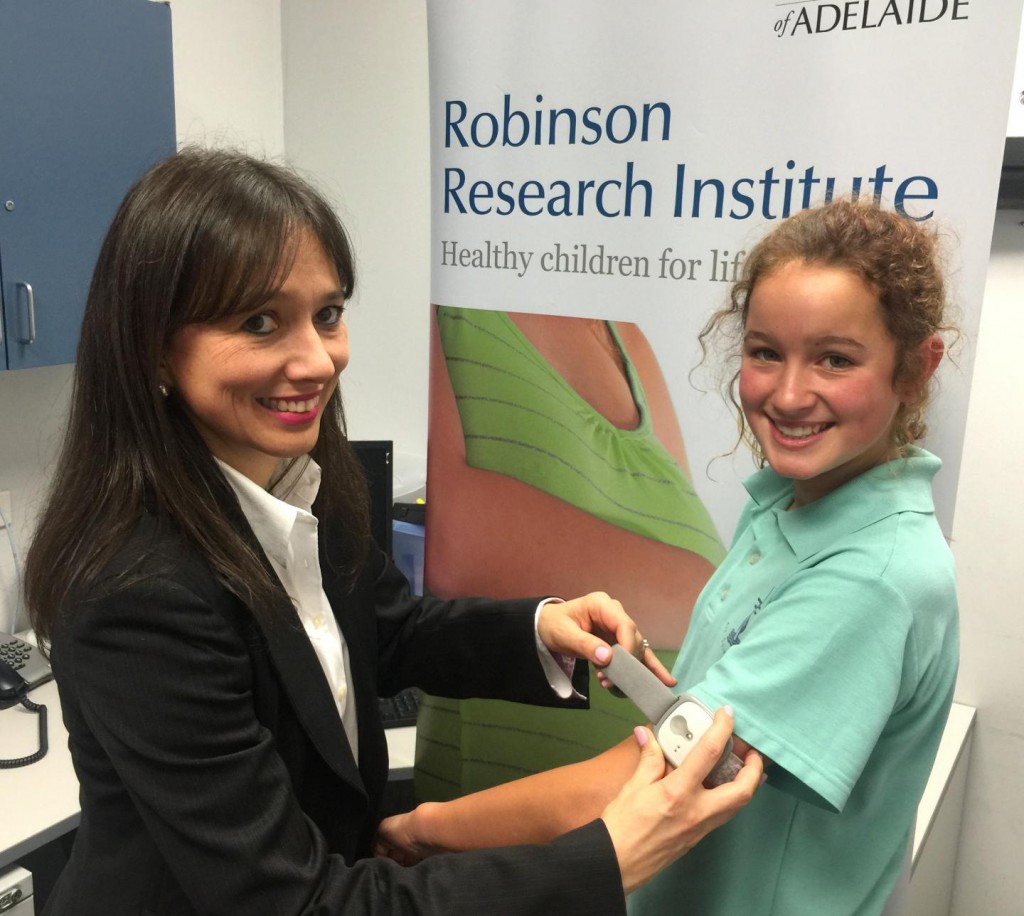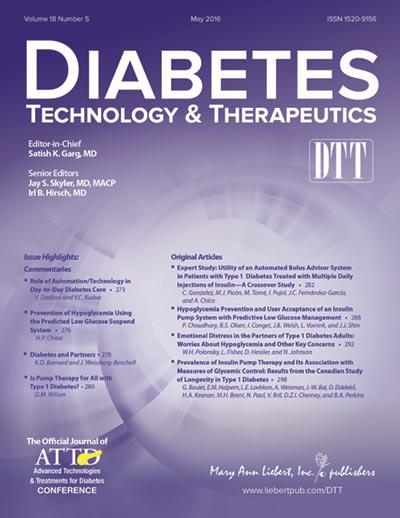June 2007 - A nutrition advocacy group is accusing the Nickelodeon television network of marketing junk food to kids through advertising and licensing deals.
In a new study, the Center for Science in the Public Interest looked at a sampling of commercials and Nickelodeon-related promotions in 2005 and found that unhealthy products accounted for 80 percent of all "foods, beverages and restaurant meals" advertised through Nick's "television station, in its magazine or tied to its characters."
In response, a Nickelodeon spokeswoman says the company strives for "balanced messaging." But a study co-author doesn't buy it.
"They reach into children's lives in a way that has a negative impact on children and health," said Margo Wootan, director of nutrition policy with the center.
The Nickelodeon network reaches an estimated 92 million U.S. homes and produces several of the most highly rated children's programs on basic cable. The network's most famous characters include SpongeBob SquarePants and Dora the Explorer.
Continue Reading Below ↓↓↓
In the new study, researchers looked at 168 Nickelodeon television food commercials, 21 ads for food in Nickelodeon magazine and 15 grocery store products with Nickelodeon characters on the packaging. The findings appear in the July issue of the American Journal of Preventive Medicine.
The study concludes that 88 percent of the commercials, 76 percent of the magazine ads and 60 percent of the grocery products promote foods of poor nutritional quality, including candy and sugary cereals. The researchers assessed the nutritional value of the food based on a set of standards for food marketing to children developed by a panel of nutrition and health experts. The study deemed 94 percent of Nickelodeon-related children's meal combinations promoted at restaurants to be nutritionally poor.
Wootan said Nickelodeon should stop promoting junk food entirely, especially considering the rise in childhood obesity. Instead, commercials could be devoted to other products like toys, she said.
"They can advertise products, but they shouldn't be just advertising unhealthy food products. It's no longer acceptable given the tremendously negative impact that obesity is having on children's short-term and long-term health," Wootan said.
In response, Nickelodeon spokeswoman Joanna Roses said that 10 percent of the network's airtime is devoted to health messages. Nickelodeon has health-related programming, and is working with companies to market foods like carrots, peaches, plums and nectarines, she said.
"We'll continue to provide balanced programming for our audience and work with our advertisers to promote balanced message to kids about healthy lifestyles," Roses said.
Batada A, Wootan MG. "Nickelodeon markets nutrition-poor foods to children." Am J Prev Med 33(1), 2007.
Source: HBNS









